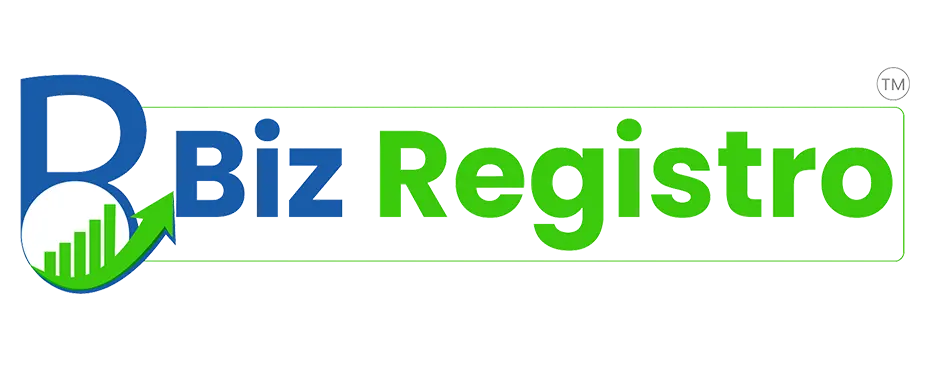Trademark Registration
In the competitive field of business, a product brand name and unique selling points are often what make it stand out. These components—which might include everything from packaging design to ads and logos—combine to form that is known as a trademark. Protecting your brand identification has become much more important in the current digital world.
Trademark registration is still an essential step to ensure the exclusivity and uniqueness of your goods and services, whether you are starting a new company, running an existing one, or going it alone. At BizRegistro, we recognize how critical it is to preserve the integrity of your brand and guarantee the uniqueness of your goods and services in the competitive marketplace of today. For this reason, we provide professional help with trademark applications. Whether you're a dynamic startup, an established business, or an individual entrepreneur, our dedicated team is here to guide you through the intricate trademark registration process.
Let BizRegistro be your trusted partner in securing your brand's identity and protecting your intellectual property.
Trademark Registration FAQ's
A trademark is a distinguishing symbol that differentiates a product or service from competitors. It may comprise symbols, designs, expressions, or distinguishing characteristics linked with a certain brand.
Trademark registration preserves your right to use the mark and enables legal action in the event of an infringement. It is valid for ten years, with the option of renewing forever.
Individuals, corporations, proprietorship firms, partnerships, LLPs, Indian and foreign companies, trusts, and societies are all eligible to register a trademark.
India provides a variety of trademark registration options, including product marks, service marks, collective markings, certification marks, form marks, pattern marks, and sound marks.
Choose the proper class to categorize your goods or services. Common classes include Class 9 (software and technology), Class 25 (clothing), Class 35 (business management), and Class 41 (education). Our experts can assist you in selecting the appropriate trademark class.
A trademark search ensures your brand's uniqueness and exclusivity by discovering existing trademarks in the market. BizRegistro gives tools and assistance with this search.
Initial information includes the applicant's name, business kind, business objectives, brand/logo/slogan name, and registration address.
Documentation requirements differ depending on the applicant category. Common documents include the PAN card, Aadhar card, GST certificate, incorporation certificate, and partnership deed.
Accepted trademarks are published in the Trademark Journal, where the public can file objections. If no objections are raised within 90 days, the trademark is registered in 12 weeks.
A third party may file an objection to trademark registration if it harms their interests. Both parties can present arguments, and a Trademark Hearing Officer decides.
If no objections are raised, the trademark document and registration certificate are prepared and issued, granting exclusive rights to the owner.
Trademarks must be renewed every ten years to maintain their protection.
Yes, once the trademark application is submitted, you can use the TM symbol to indicate that you have applied for trademark registration.
BizRegistro provides post-registration services such as trademark renewal, assignment, licensing, and other related services.
As soon as you file the application and receive an acknowledgement, you can use the ™ symbol. Once the registration process is complete, you can use the ® symbol.



